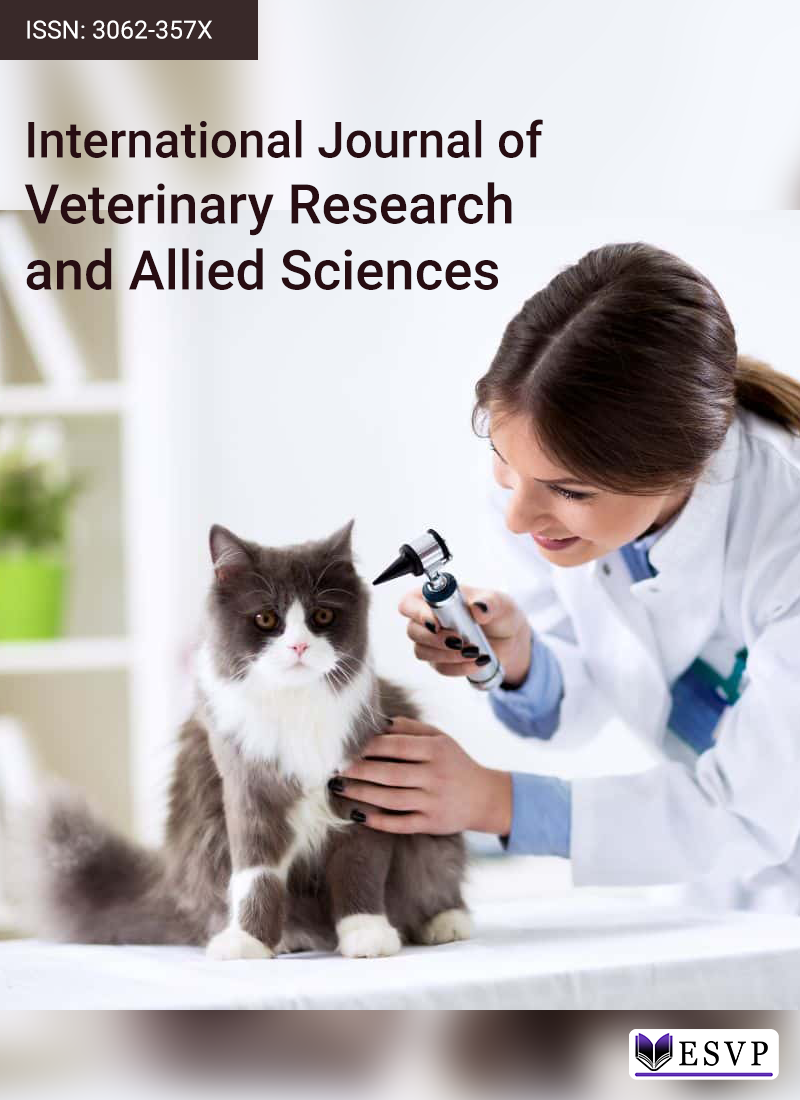
Nanotechnology, which involves the use of materials smaller than 100 nanometers to perform specific tasks, has gained attention in agriculture, industry, and medicine. As this field has advanced, various techniques for preparing nanoparticles have been developed. While nanotechnology has mainly focused on creating for managing plant diseases and pests, its applications in beekeeping are limited. Most research in this field has examined the use of bee products as nanoparticles for medical purposes. This article reviews the applications of nanotechnology in beekeeping, covering areas such as tools, instrumental insemination, nutrition, pollination, swarming, pest and disease control, and bee products. It also addresses the potential risks posed by nanoparticles to honeybees. This review aims to highlight emerging trends in beekeeping and to encourage further research on nanotechnology’s role in improving bee management practices.